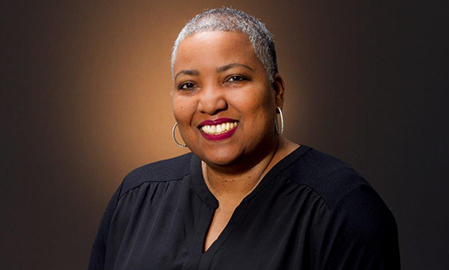Bet you never expected to glean professional insights from child reality star Honey Boo Boo.
But lessons can be learned from the reality TV shows currently dominating the nation’s airwaves. The architects of the genre have created programming with amazing popularity and lasting power, tapping into something that resonates with viewers—and that kind of success didn’t happen by accident.
Healthcare communicators operate in a highly regulated environment that doesn’t allow for unrestricted creativity. Even so, there’s no reason why we can’t tap into reality TV’s winning formula in our work.
Here are the top four lessons we can learn from reality TV:
Lesson #1: To grab the attention of your audience, humanize your story.
Whatever your opinion is of Honey Boo Boo, the girl knows how to keep it real. As you brainstorm ideas for campaigns and communications, consider how you can incorporate real people, such as patients or their caregivers, into your work. Identify what emotionally connects with your audience and then find the people who best fit those requirements.
Lesson #2: Pop culture offers examples of effective ways to tell a story.
Every day we are challenged with figuring out the best way to tell a client’s story. Reality TV turns to an old but effective technique, perfected in literary masterpieces, to engage their audiences: narrative storytelling. Who are your characters? What journey are they embarking on? How are you telling their story? Consider these interconnected storytelling components in every campaign: setting, characters, inspiration, plot, dialogue and resolution.
Lesson #3: Know the language that resonates with your audience.
Every reality show has a clearly defined audience and the characters speak to them in their own language, whether it’s spoken with a southern twang or urban slang. Yet healthcare communications often are rife with clunky acronyms and jargon. To be effective, speak the language of the people you want to reach. Even in a highly complex, regulated environment, translate medical terminology into plain English.
Lesson #4: Don’t overlook humor as a memorable way to deliver messages.
Humor has the power to touch the heart and the mind. But trying to be funny can easily backfire if used inappropriately. It also can invite controversy. Knowing your audience and testing your ideas is key. If done well, virtually everyone is willing to hang around to enjoy the punch line—while absorbing your carefully crafted messages.
Deborah L. Shelton joined Golin as director of healthcare media in 2013 after a 30-year journalism career covering health, medicine and science.








